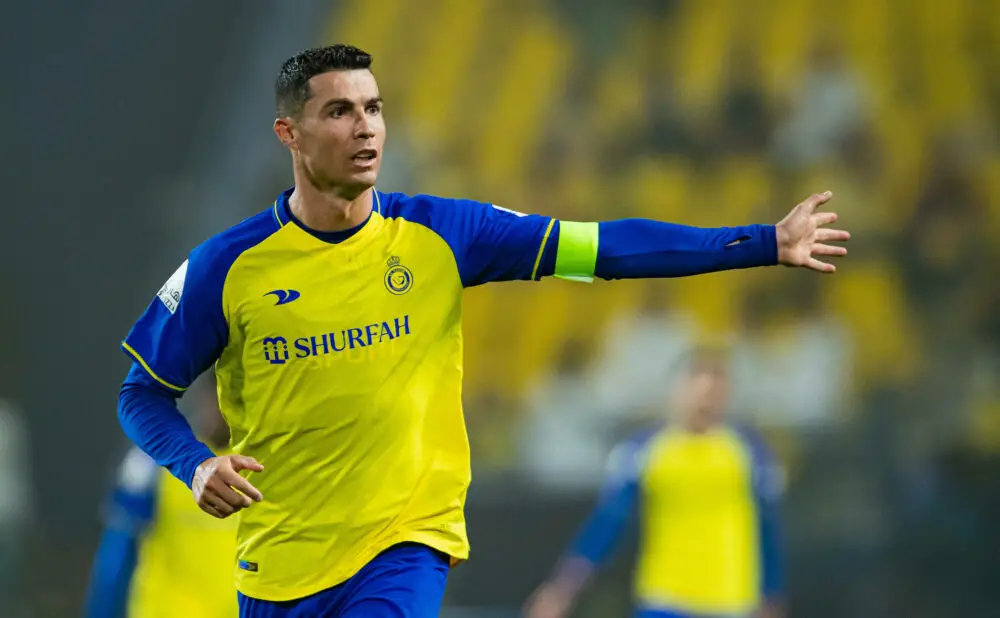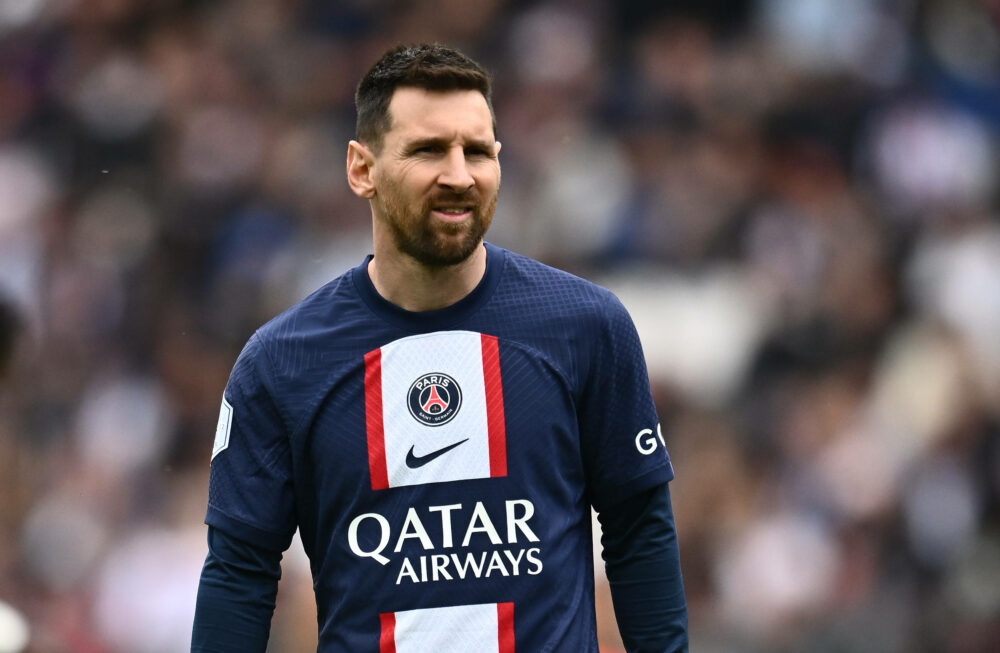A Game of Billions: The Saudi Soccer Revolution
The Saudi Soccer League’s Multi-Billion Dollar Gamble
Tariq Panja and Ahmed Al Omran of The New York Times have delivered an insightful piece into the astounding new trajectory of Saudi Arabian football, where global stars like Cristiano Ronaldo are lured in by astronomical paydays. An unprecedented scheme financed by the Public Investment Fund is set to morph the domestic Saudi league, once merely a footnote on the global stage, into a destination for top football talent.
The move follows the surprising performance by Saudi Arabia in the 2022 World Cup and the astounding deal with Ronaldo, estimated at $200 million per season, which spotlighted the Saudi Premier League like never before.

Saudi’s Approach: Centralised Signings and High Salaries
Similar to Major League Soccer’s growth, Saudi Arabia is considering a centrally coordinated approach to signings, veering from the global norm where clubs negotiate independently. They are targeting approximately 20 global stars, potentially costing over $1 billion in wages. Notable names in the discussion include Lionel Messi and reigning world player of the year, Karim Benzema.
Garry Cook, the British CEO of the Saudi League, is tasked with executing these ambitious plans. It’s worth noting that Cook, a former Nike executive and ex-Manchester City honcho, brings in an extensive history of navigating high-stake deals in football.
Big Money, Big Plans: The Financial Backing
A key point in Panja and Omran’s report is the source of this ambitious project’s financing – the kingdom’s massive sovereign wealth fund, the Public Investment Fund, overseen by crown prince Mohammed bin Salman.
In a bid to boost the four most popular clubs in the Saudi Premier League, the PIF has signed 20-year commercial agreements worth millions, mandating the teams to play games at new arenas in entertainment complexes. The overarching aim is to secure three top foreign players for each of the big four teams, and another eight for the remaining 12 in the league.

Looking Beyond the Beautiful Game: The Larger Goal
The surge in sports spending isn’t a mere whim. It’s part of Saudi Arabia’s strategic plan to transform perceptions of the kingdom on the international stage and diversify its economy away from oil.
The PIF is driving this transformation, even beyond football. Two years ago, it acquired English Premier League club Newcastle United, and has since guided it to a Champions League spot. It’s also a significant sponsor of Formula 1 auto racing and has invested billions in golf.
However, these projects have raised eyebrows regarding Saudi’s human rights record. Critics argue that these investments could be a smokescreen, or “sportswashing”, to divert attention from these issues.
Is the Saudi Dream Sustainable?
Saudi Arabia’s zealous investment in soccer recalls China’s own big-budget push into the sport a decade ago. China’s once audacious plans were eventually curtailed by broken contracts, economic crisis, and the coronavirus pandemic.
The Saudi plans face similar risks – sudden political changes or failure to secure the required talents. Contracts with Saudi teams have often ended in arbitration hearings over unpaid salaries, making player commitments potentially precarious.

Winners and Losers: A Brewing Discontent
As the Saudi soccer landscape shifts, it might not all be smooth sailing. Lesser teams are expressing concerns over the increasing imbalance in favour of the top four. This frustration is epitomised by Al-Shabab president Khalid al-Baltan, who expressed discontent at the financial divide in a recent press conference.
With Ronaldo’s one-season salary four times his club’s annual budget, Al-Baltan lamented, “Am I expected to close that huge gap myself?” This sentiment may become increasingly prevalent as the ‘big four’ continue to gain financial dominance.
As we watch this grand experiment unfold, one can only wonder if the gamble will pay off or whether it’s another fleeting glimmer in the pantheon of global football, just as China’s foray proved to be.

